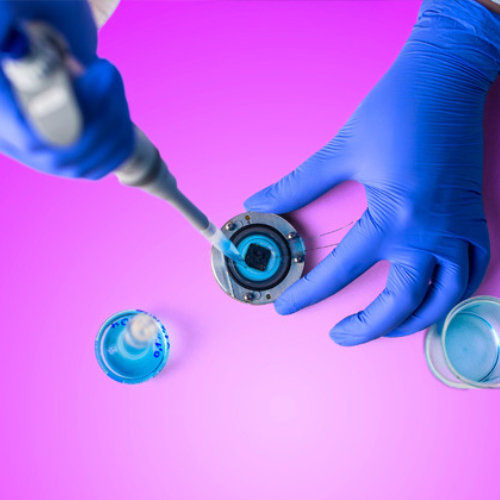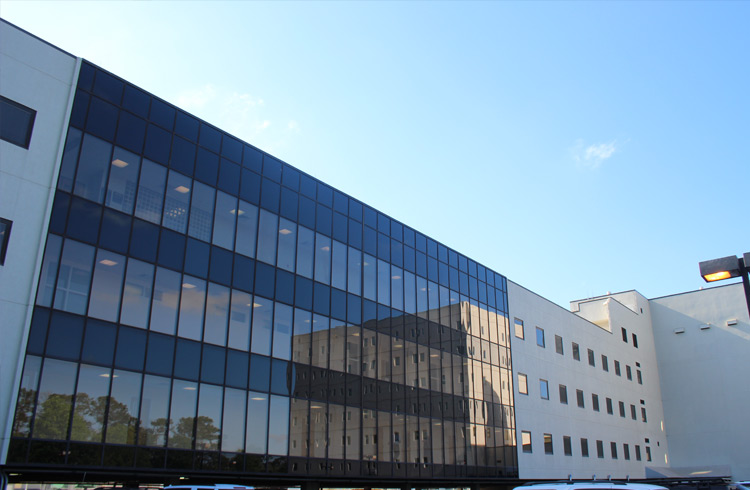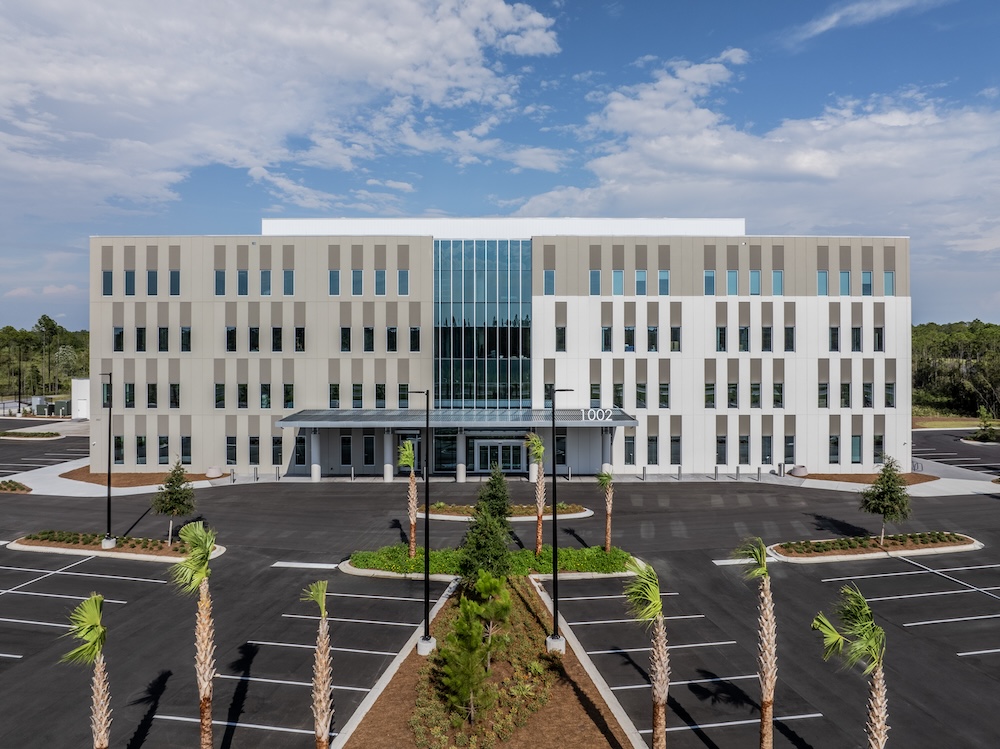Novel Therapies for the “Forgotten Valve”: Advances In Tricuspid Valve Treatment
For years, the tricuspid valve has been referred to as the “forgotten valve,” often overshadowed by more well-known heart valves such as the mitral and aortic valves. Traditionally, tricuspid valve disease has required surgical intervention, and due to the complex patient population—typically with multiple comorbidities—many surgeons have been reluctant to treat it aggressively. However, recent advancements in both percutaneous and surgical therapies have transformed this landscape.
The tricuspid valve sits anatomically between the right atrium and right ventricle. As patients develop tricuspid regurgitation (TR), they increasingly experience symptoms such as shortness of breath, especially when breathing deeply; extreme fatigue; and swelling in the legs and abdomen.
The causes of tricuspid valve disease vary, and proper evaluation is critical. Common causes include left-sided heart failure, endocarditis, pacemaker lead placement, carcinoid syndrome, congenital defects, prolonged atrial fibrillation and pulmonary hypertension.

Recently, percutaneous interventions have shown promising results in managing TR.
One notable advance is tricuspid edge-to-edge repair (TEER), which was evaluated in the Triluminate Trial. This trial included 572 patients with severe, symptomatic TR randomized into tricuspid TEER plus medical therapy or medical therapy alone (control group). The two-year end points were recurrent heart failure hospitalizations and freedom from all-cause mortality, tricuspid valve surgery or tricuspid valve intervention post-treatment.
“The results of the trial were groundbreaking,” said Thomas E. Noel, MD, an interventional cardiologist at TMH Physician Partners, Services by Southern Medical Group. “Researchers observed a significant reduction in heart failure hospitalizations compared with the control group, and treated patients experienced a much higher rate of positive outcomes.”
 The trial’s results were compelling:
The trial’s results were compelling:
Heart failure hospitalizations were significantly lower in the TEER group compared to the control (0.19 vs. 0.26 events/patient-year; P=0.02).
Freedom from all-cause mortality, tricuspid valve surgery, and intervention was significantly higher in the TEER group (77.6% vs. 29.3%; P<0.0001).
These findings underscore the potential for tricuspid TEER as a viable, safe and effective treatment for patients with severe, symptomatic TR.
Another revolutionary advancement is the EVOQUE valve, a complete bioprosthetic valve designed for severe TR. Impressively, this valve has reduced tricuspid regurgitation to mild or none in more than 95% of patients at one year.
“The EVOQUE valve has changed the way we approach tricuspid valve disease,” said Dr. Noel. “Patients see a marked improvement in symptoms and quality of life, with formerly debilitated patients experiencing substantial relief. EVOQUE offers a new chapter for candidate patients.”
Patients with severe TR should receive care at centers where surgical and percutaneous therapies are available.
This comprehensive approach ensures consideration of all treatment options tailored to the patient’s needs.
“We are proud to be the only location in the region providing this level of care,” Dr. Noel said. “Our integrated heart team approach ensures that every patient receives the best possible treatment.”
As the field of tricuspid valve disease continues to evolve, it is clear that both surgical and percutaneous interventions are key components of managing this condition.
If you have any patients who may benefit from evaluation and treatment options for tricuspid valve disease, please don’t hesitate to contact us for further discussion and referral.



